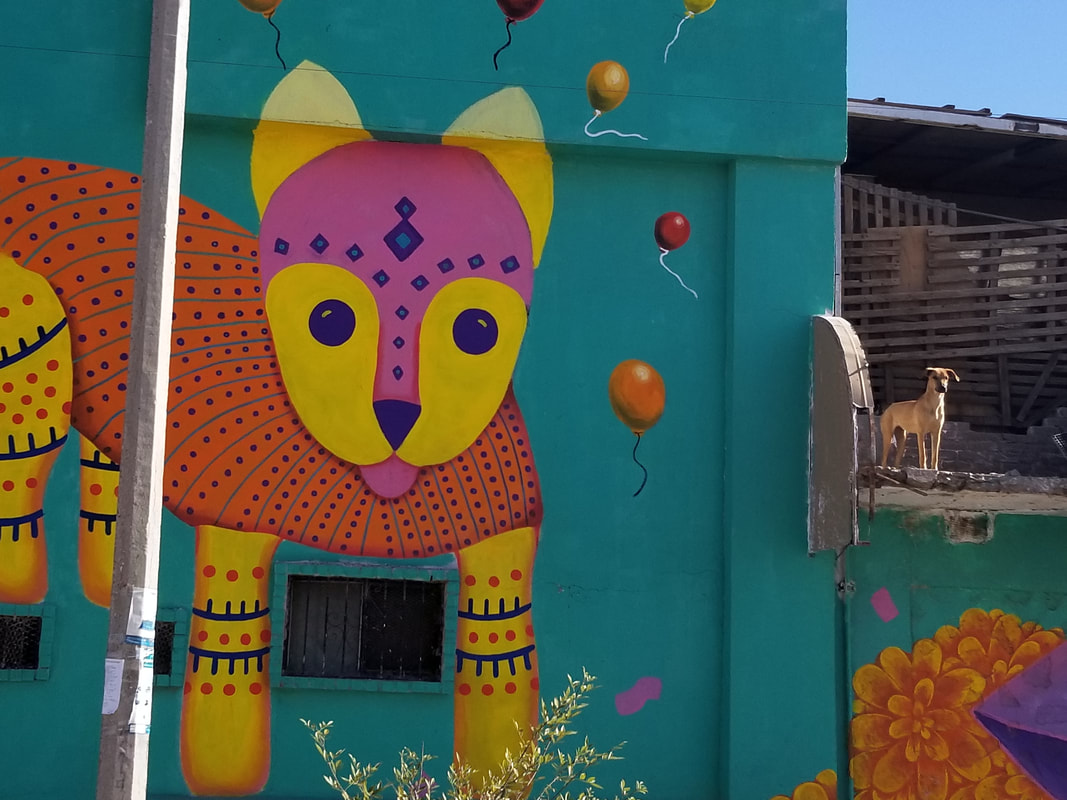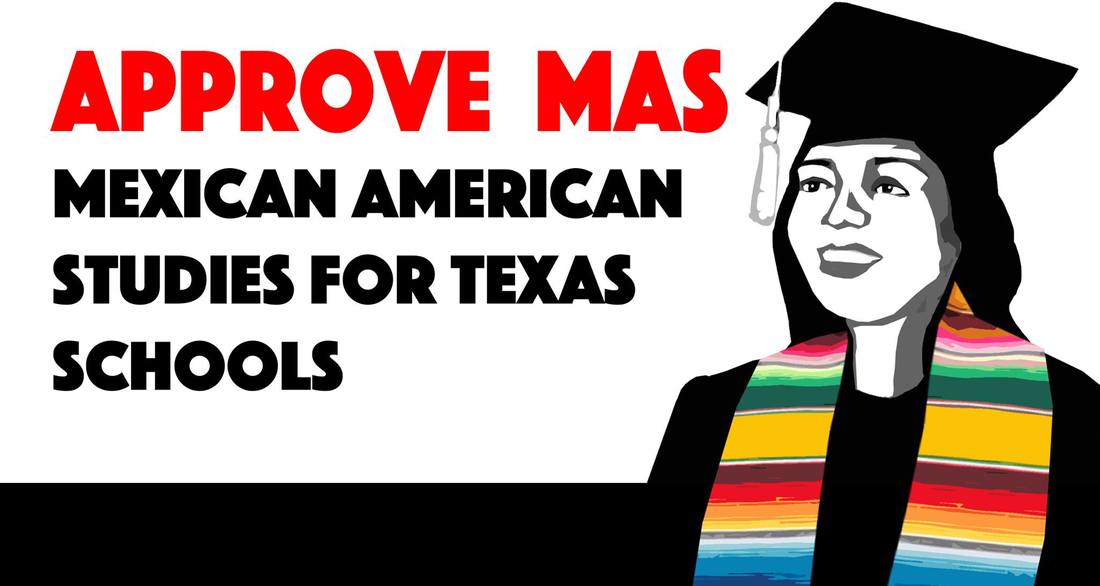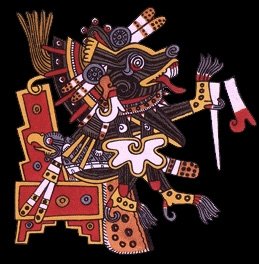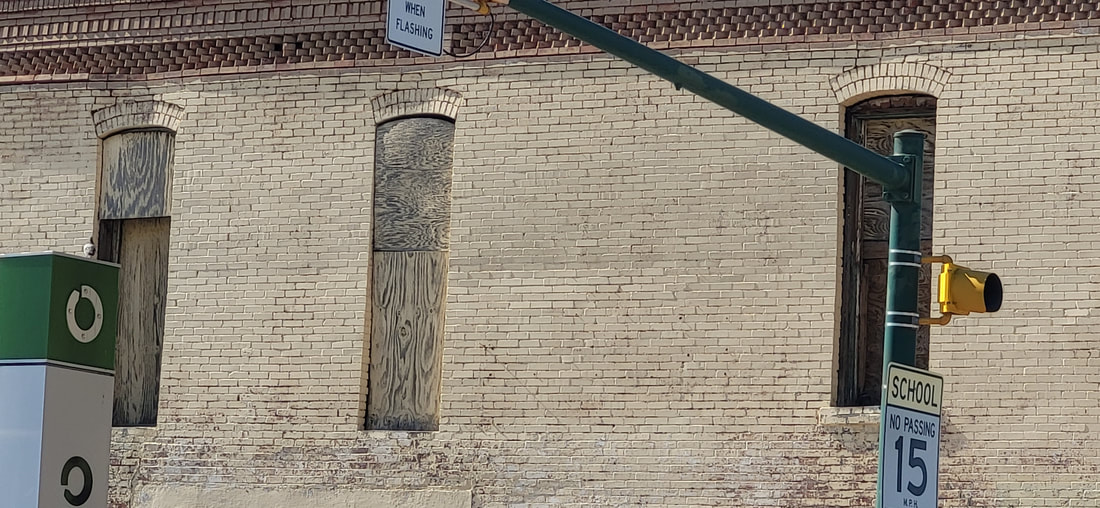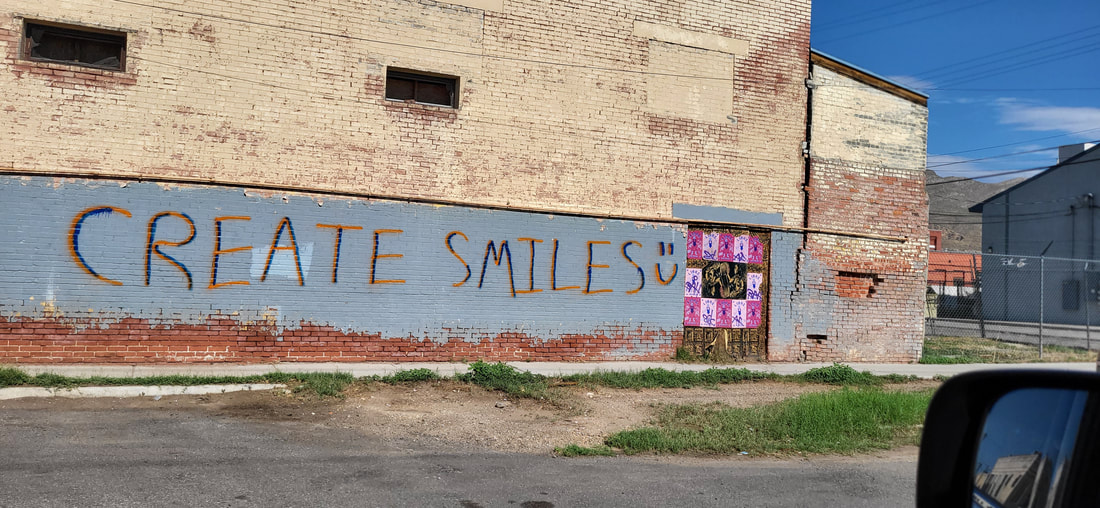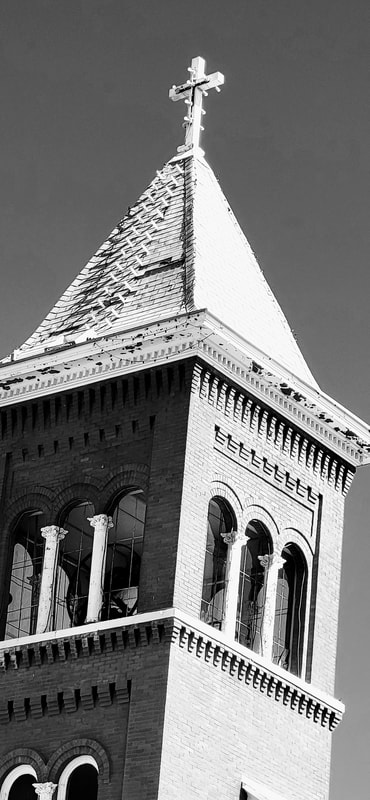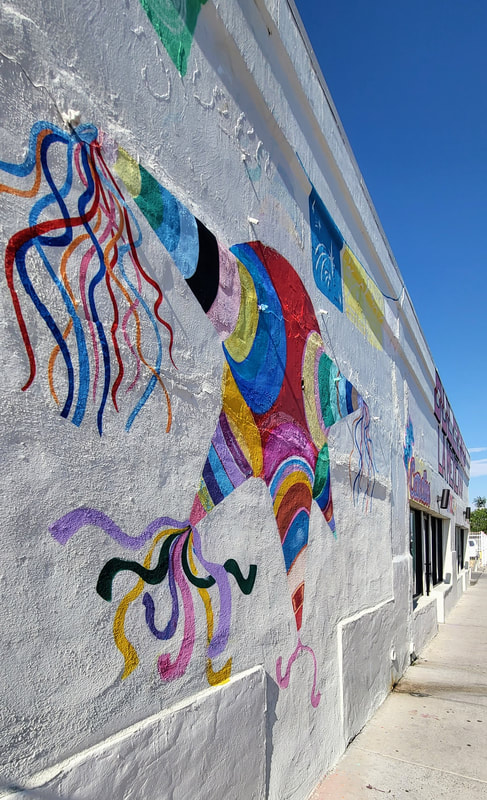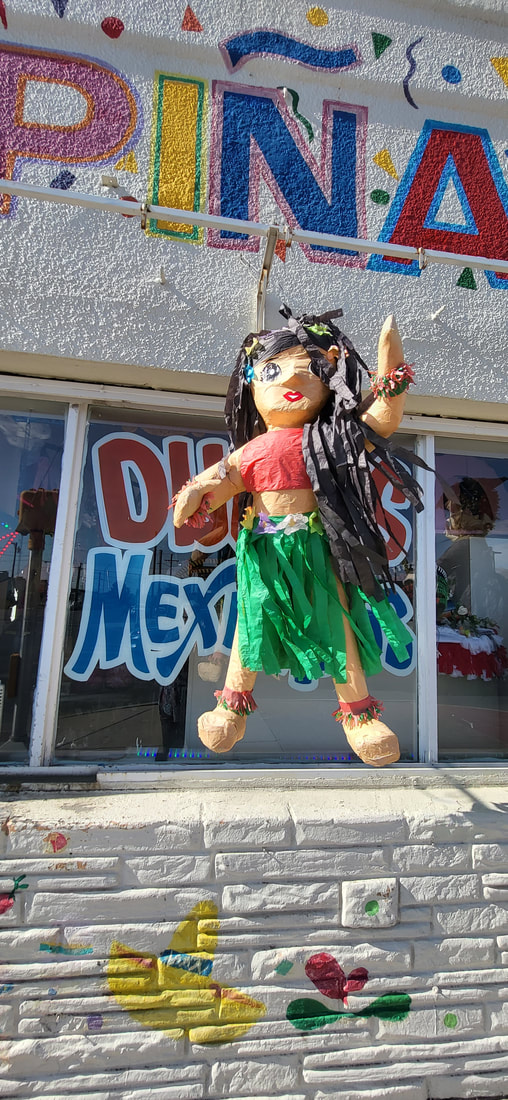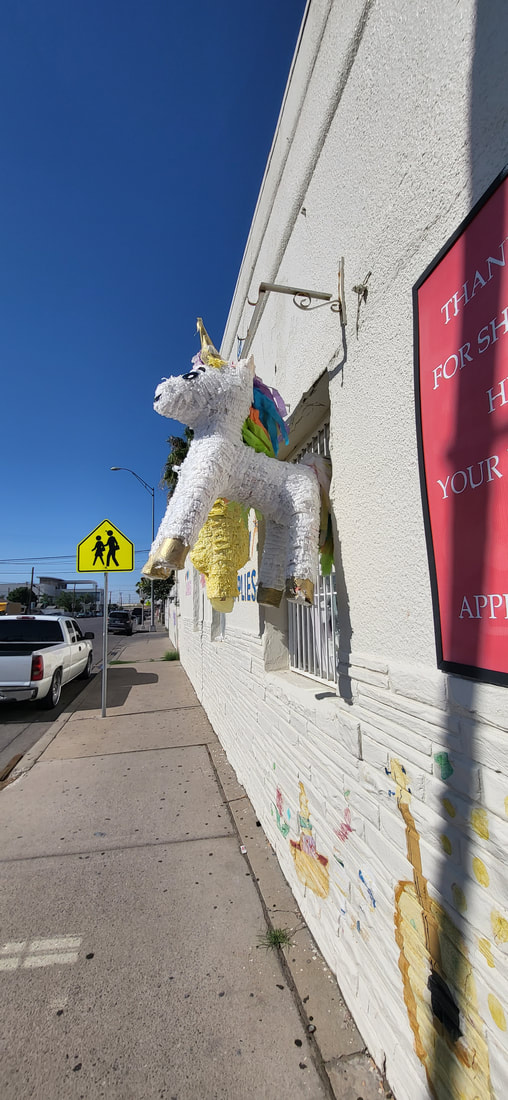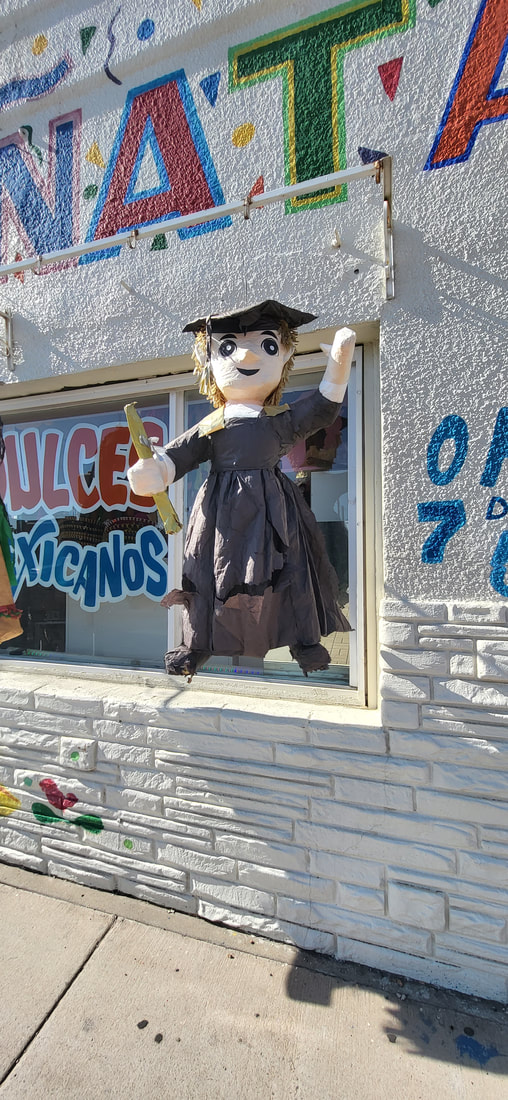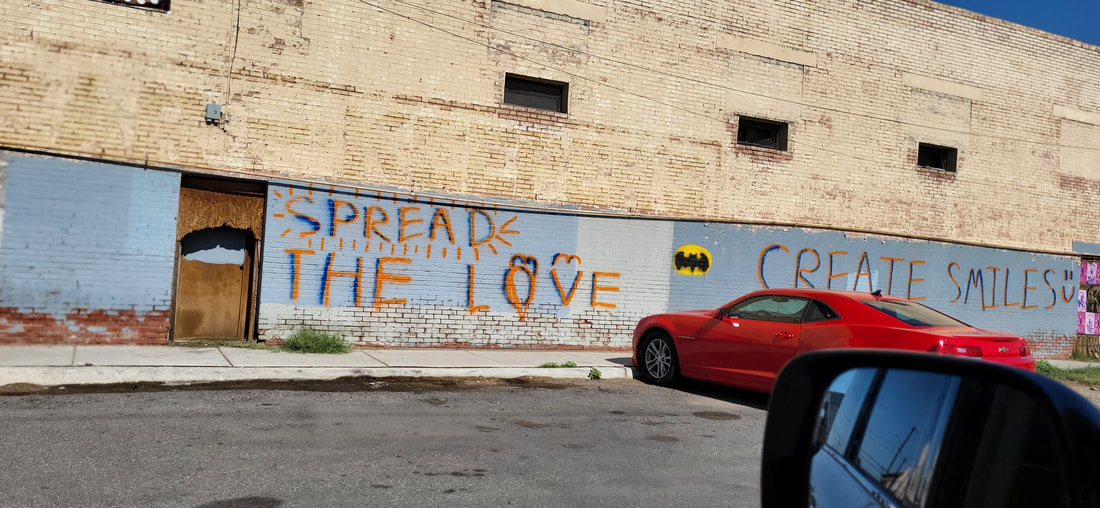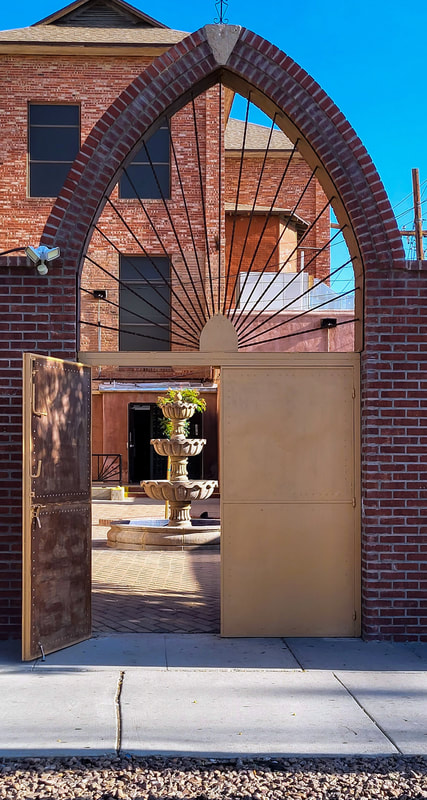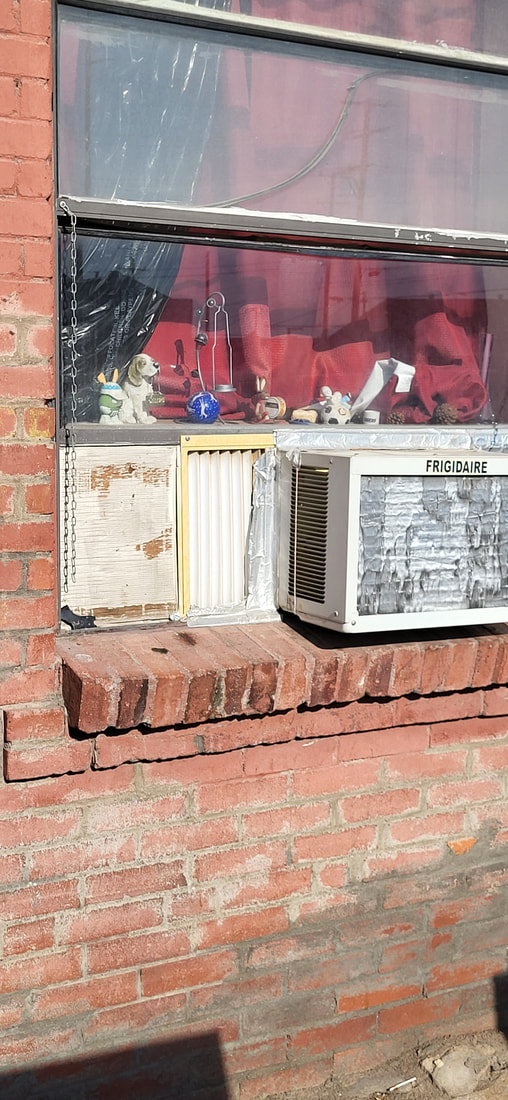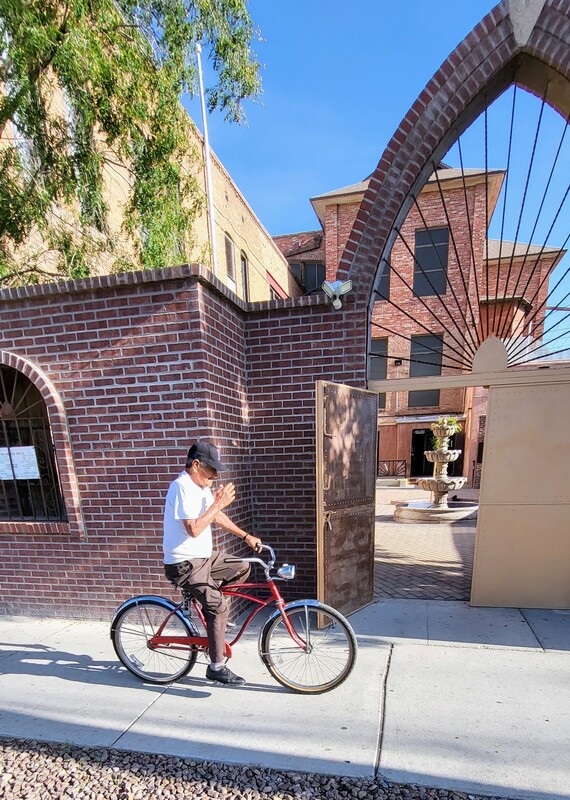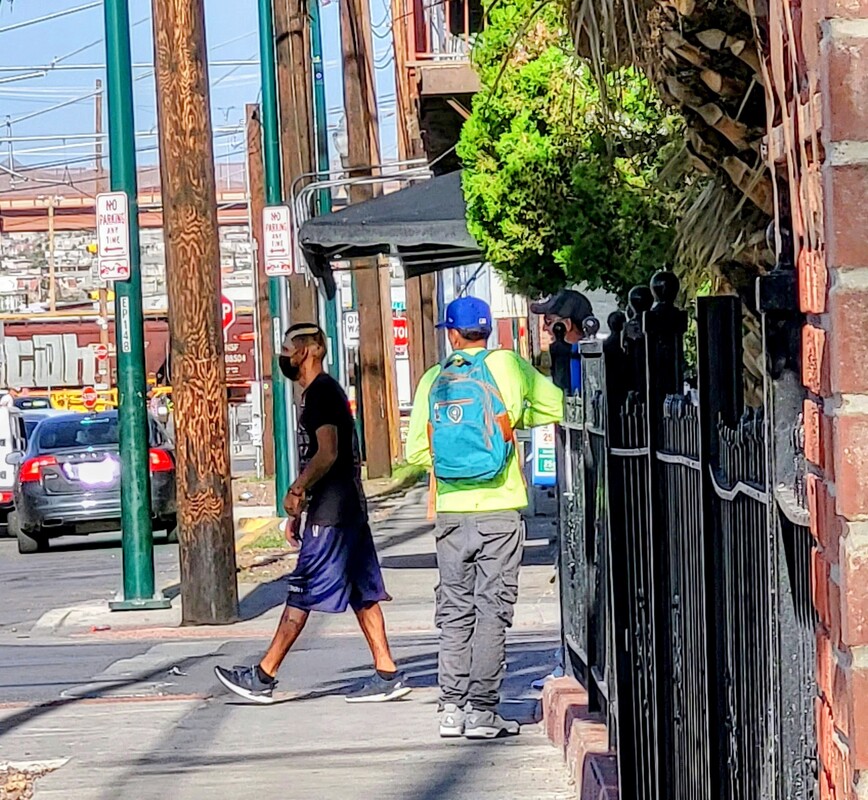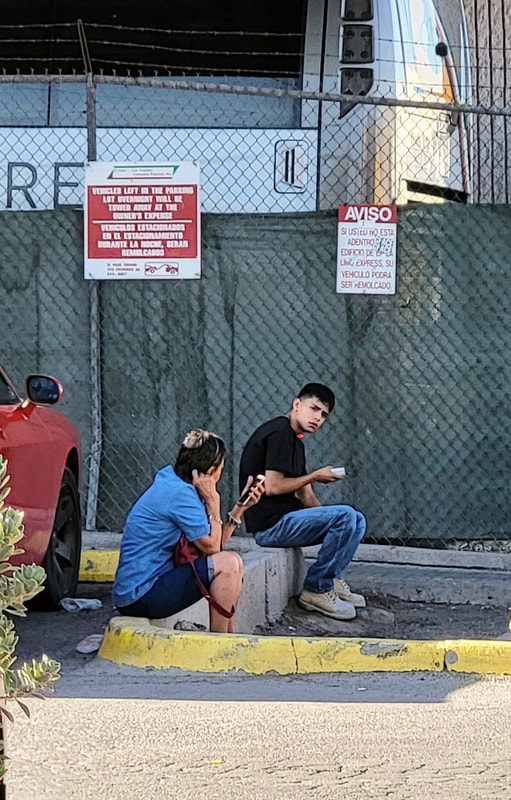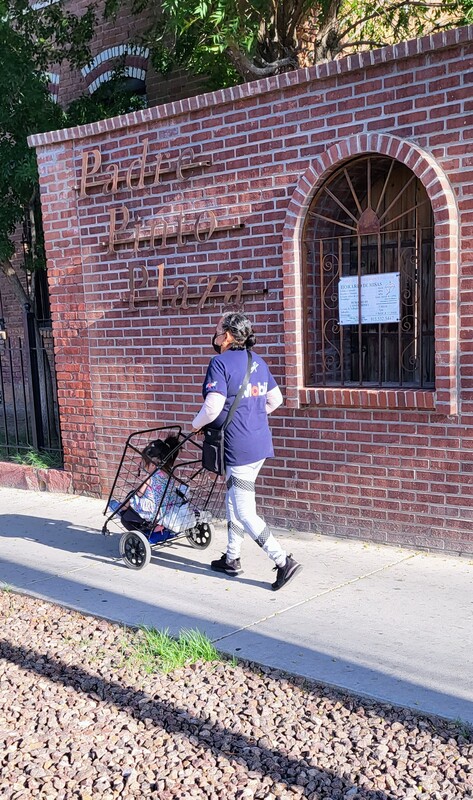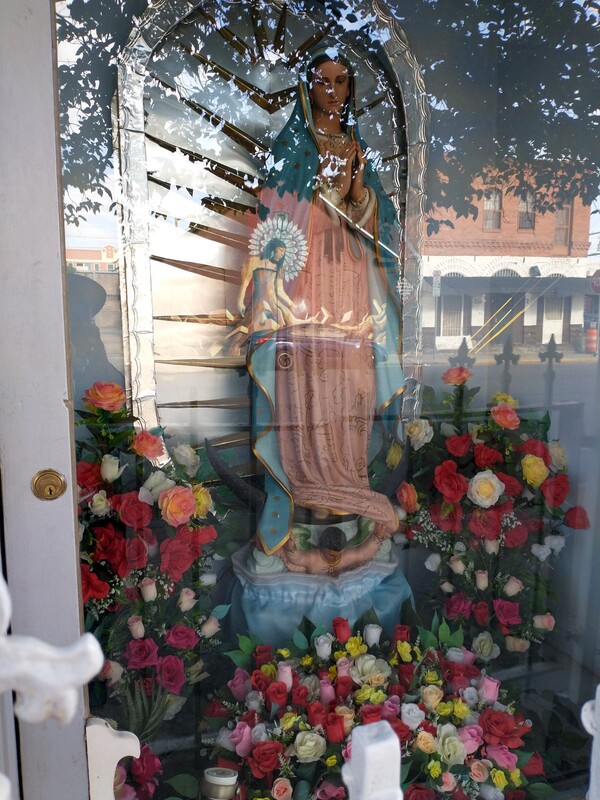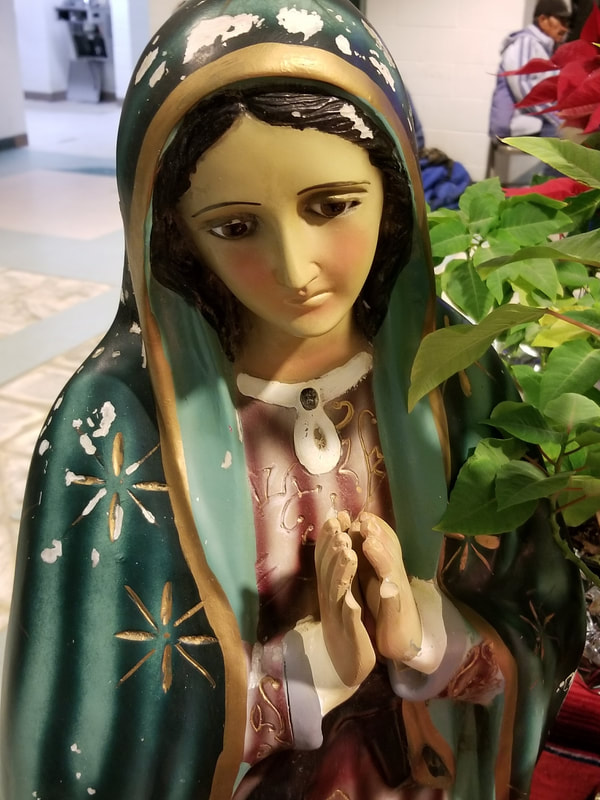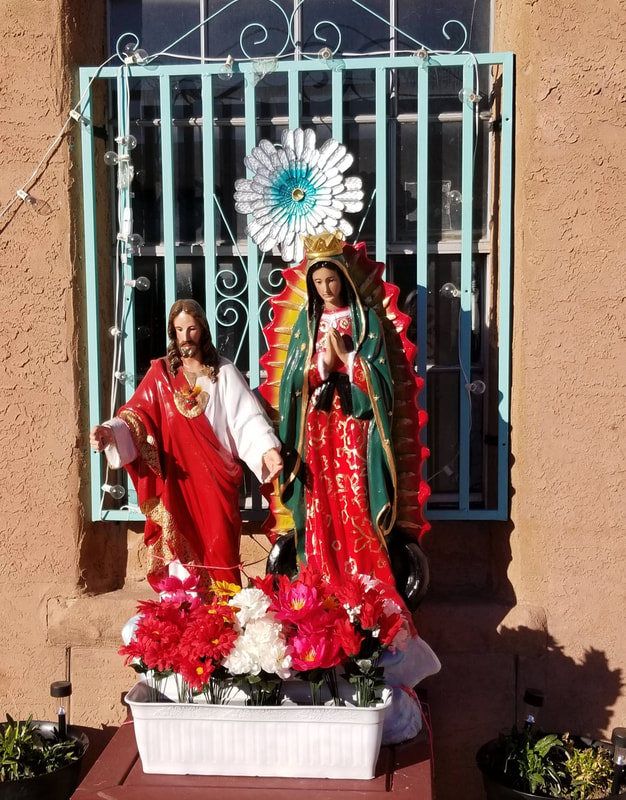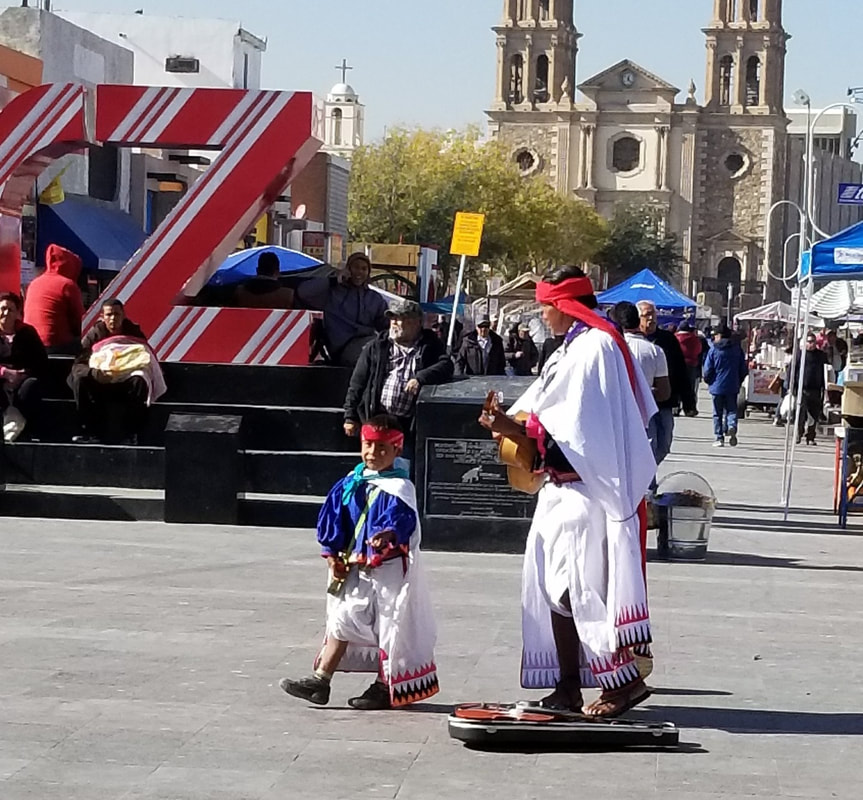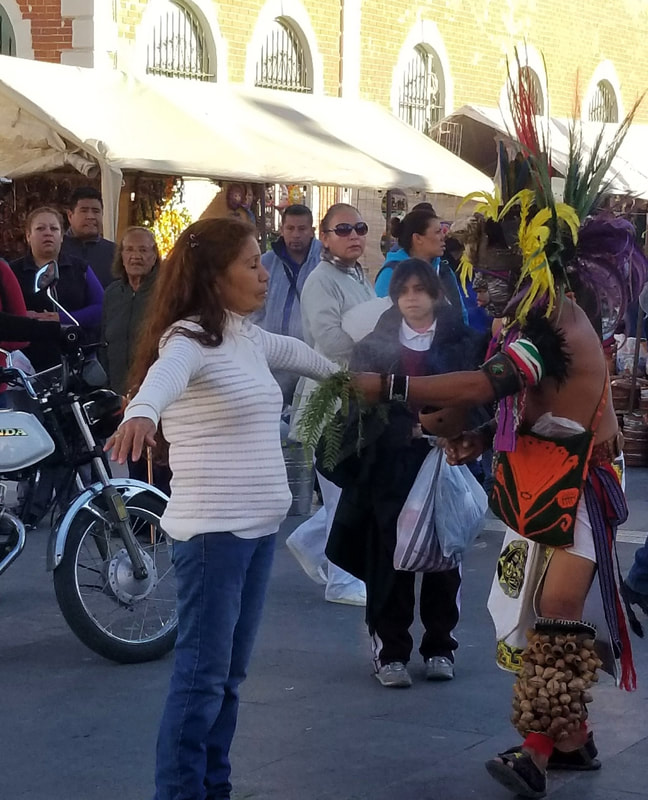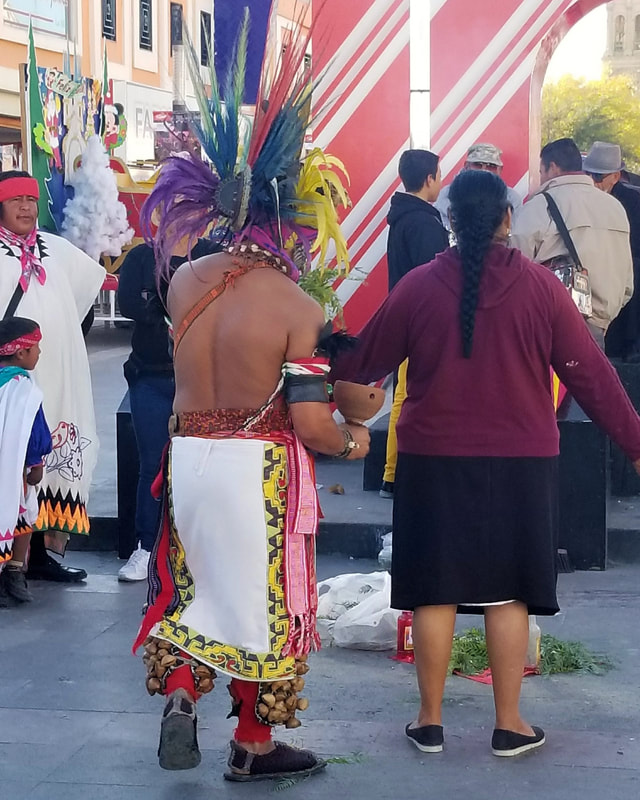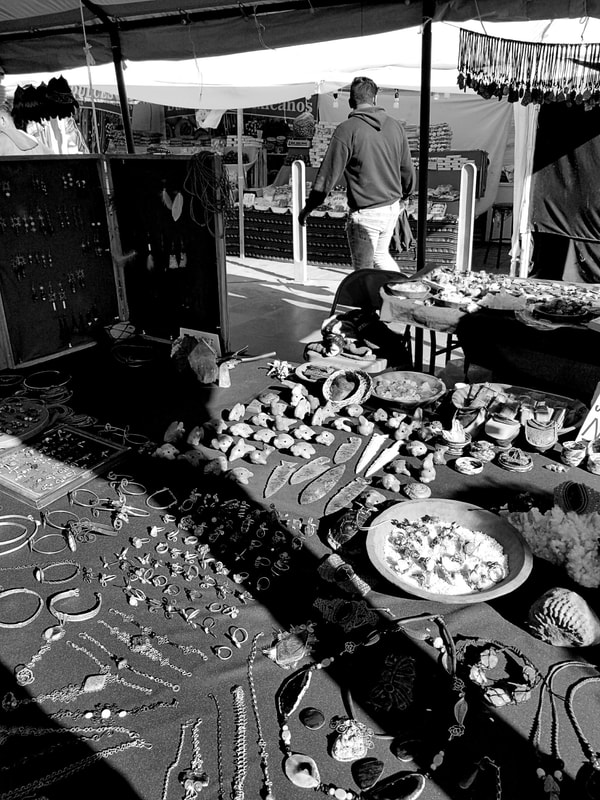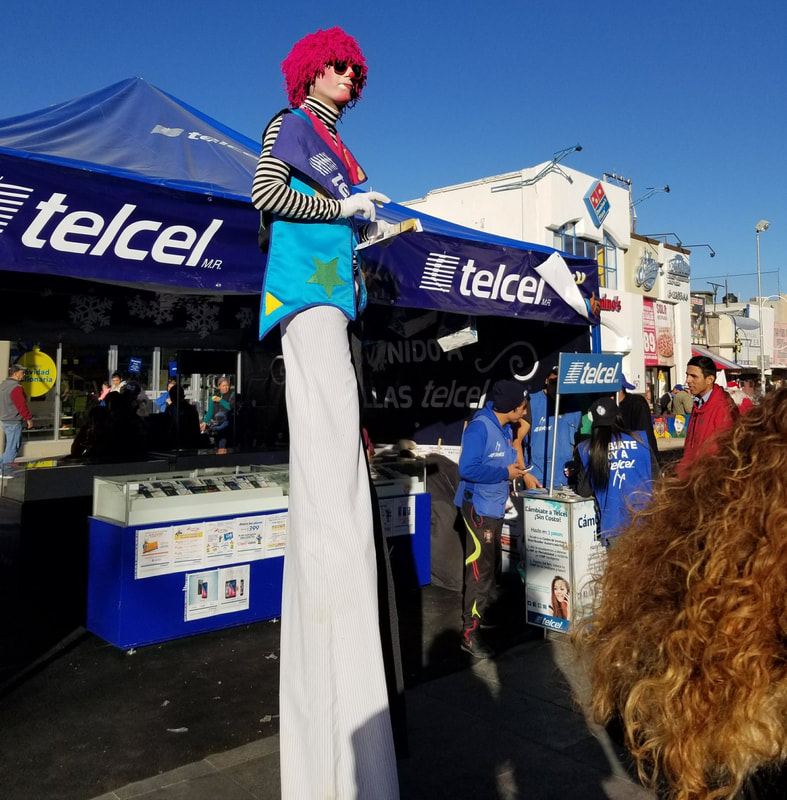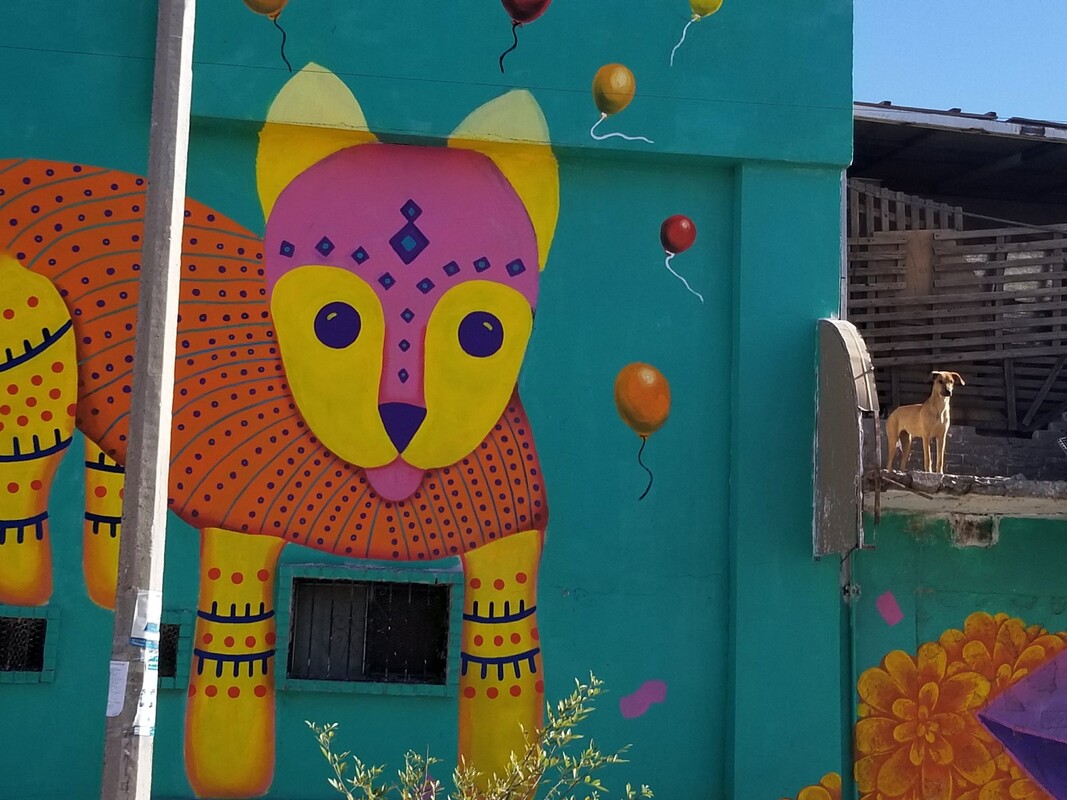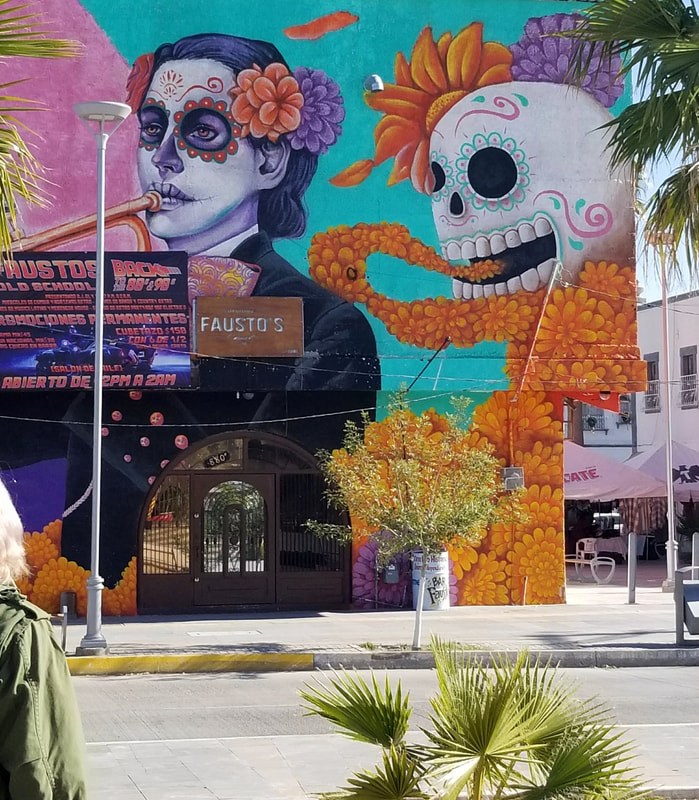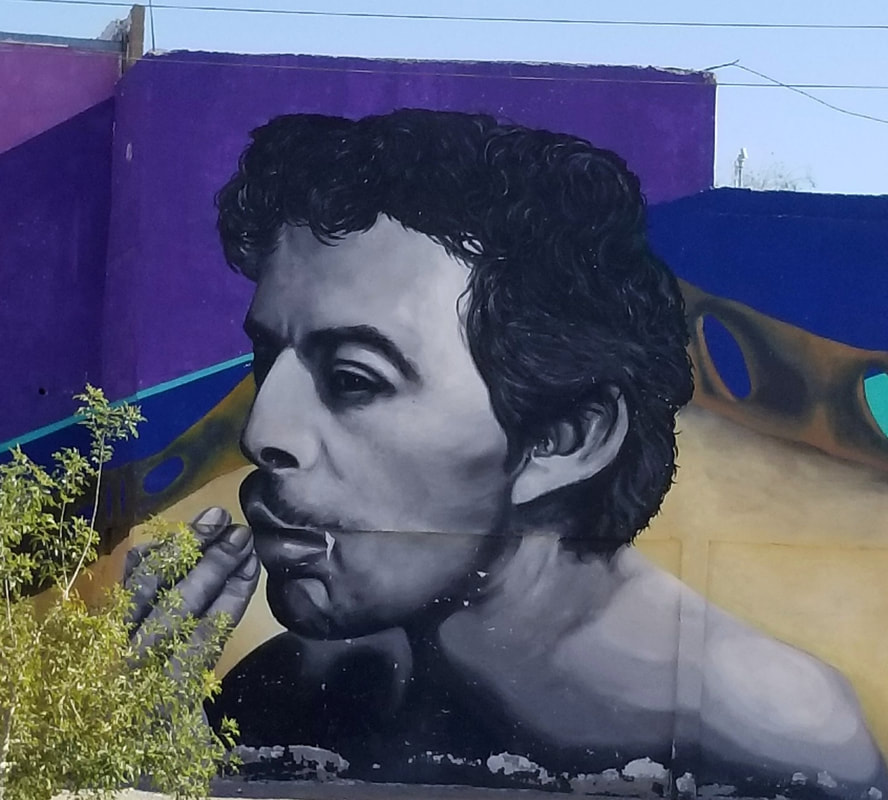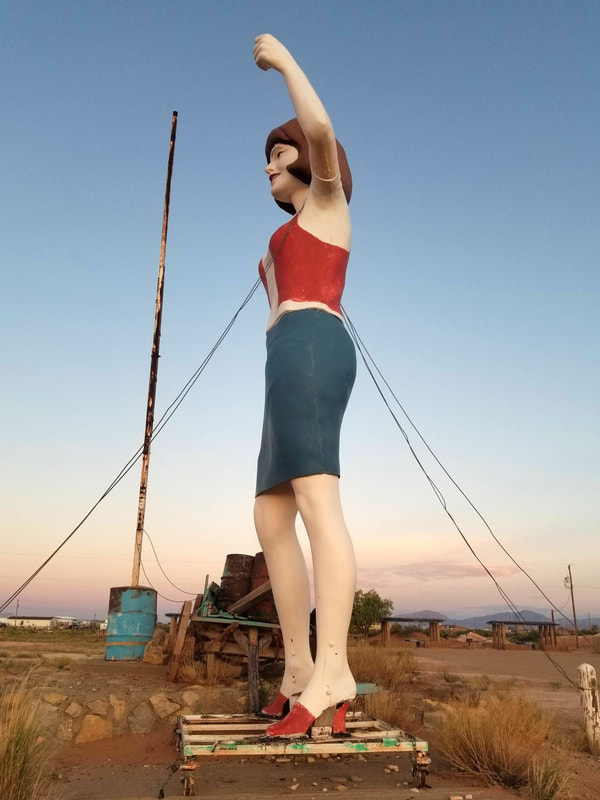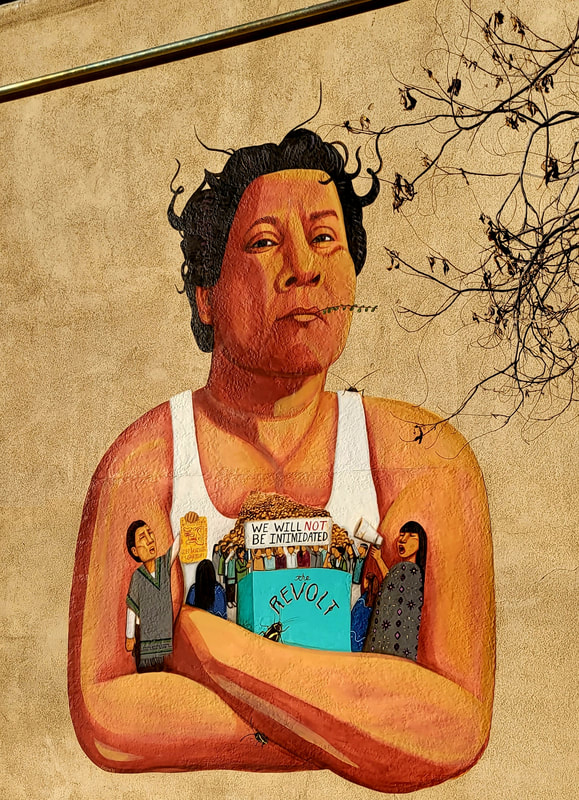|
I saw a photo of Maria Jesus once-- she was beautiful like her mother, my great-grandmother. A small girl, slender with long hair and sad eyes, she stood with her mother and sisters. They called her Cachuy. She died in 1931 but her story lived on for decades in my mother's tears. In 1931, part of my family left behind a thriving small business to move to Mexico City in the midst of the Great Depression and the virulent anti-Mexican atmosphere that spread throughout the United States in response to the economic crisis. As a child and even a teenager, I didn't understand why they had moved. When I entered college and learned about the massive deportations and repatriations of Mexican immigrants and their US-born children, I discovered that my family was part of a larger history. This week, I uncovered Cachuy's death certificate. I learned that she died at 10 in the morning on October 10, 1931 of typhoid fever in el Hospital General de la Ciudad de México. She was 14 years old. It was the first documentary evidence I had uncovered of her life, yet I had already begun the work of healing the interrupted story. In 2004, while visiting Mexico City, knowing that she was buried there, a thousand miles from home, I went to the great Catedral and had a mass offered in her name. Then I went to my hotel room in el Hotel Histórico Central, prayed and wrote a poem. Sometimes that's all we can do to heal-- pray, remember, and write. And it is a powerful combination. Today, I share that poem with you. Remembering Cachuy who died so far from home because of economic and political events that she had no say in. This is so that people will remember That you were born in Chihuahua
when the nation was at war with itself That you were the youngest daughter of five That you were the middle child of ten That your eyes were green and your hair light brown That you were the one who smiled That your sisters told you that they loved you the most. This is so that people will remember That you spent your short life migrating From Chihuahua to El Paso to la Ciudad de Mxico That your young life was shaped by Revolution and economic crisis And the day to day wonders Of your mother's tortillas and your baby brother's eyes. This is so that people will remember That your mother died when you were ten That when your father left you He crossed the border to drink himself to death That your sisters cried each night alone Missing your mother's touch... her soft gaze. This is so that people will remember That you were not alone That a million others joined you Pushed out of the land of opportunity by violence and poverty and hope that Somewhere else would be better Some imagining a long lost home Others returning to a land they did not know. This is so that people will remember That your last thoughts were of sitting at the kitchen table Listening to your mother hum softly as she cooked That the pain in your stomach could not drown out the memories Of walking home from school laughing That at the end you let go without fear this is so that people will remember That somewhere in this massive city lay your bones Laid to rest so many decades ago In an unmarked grave in the sacred ground of Tenochtitlan That for seventy years your sisters cried To have left you so far from home. From ATejana in Tenochtitlan Mexico City June 29, 2004
1 Comment
Photo courtesy of ApproveMAS Facebook The headlines caught my attention. The Dallas Morning News declared "Texas board of education approves a Mexican-American studies course (but they won't call it that)." The Texas Tribune's headline stated "Texas education board approves course formerly known as Mexican-American studies." One article asserted that the change came because, as the headline boldly asserted, it was "Too dangerous to be called Mexican-American Studies." After years.... no, after decades of fighting for Mexican American Studies in K-12, advocates and educators found the Texas State Board of Education finally agreeing to a course. At the suggestion of conservative SBOE member David Bradley (R, Beaumont) who said he found "hyphenated Americanism to be divisive," Mexican American was removed from the course title. The new name is now "Ethnic Studies: An Overview of Americans of Mexican Descent." The new name was approved by a majority of the board, nine white Republicans, as well as El Paso's representative Georgina Celia Perez, a Democrat. The other Democrats, — Ruben Cortez (D, Brownsville), Erika Beltran (D, Fort Worth}, and Maria Perez-Diaz (D, Converse)-- argued against the erasure of "Mexican American" in the course title. The name change has been controversial to say the least, especially among those educators who have worked for years for an MAS course. Some school districts in Texas already offer Mexican American Studies. In fact, years ago I guest lectured at an MAS class in El Paso. It's not about allowing school districts to teach MAS. As news articles have reported, the TSBOE class will be modeled after Houston class. What the TSBOE vote does is provide support to school districts state-wide by developing TEKS (Texas Essential Knowledge and Skills) and centralizing the class. It will provide resources to school districts. "So what's the big deal?," people ask. The course was approved. Students will have access to a course they didn't have before. And politics requires pragmatism and negotiation. And a name is just a name. Those are some of the arguments that have been made in support of the name change and TSBOE member Perez. Sounds reasonable. At least on the surface. But names make all the difference. Names can either erase historical connections or they can nurture the consciousness of connection. I had a reminder of that this week. I have a xoloitzcuintle dog, perhaps the most ancient breed in the Americas. Considered sacred by many Indigenous peoples, its image can be found in pre-European contact codices. It is a guide and a healer. It is a national symbol of Mexico. A few days ago, my 12 year old grandson looked at my xolo and said, "You cute Hispanic dog!" I laughed at the characterization but it was a striking example of how labels make a difference. Over almost three decades of teaching Mexican American history, I've witnessed the label "Hispanic" emerge as the normalized and often the preferred label among Mexican Americans. By calling my xolita "Hispanic" my grandson unknowingly erased the deep Indigenous history of my beloved dog. There is nothing "Hispanic" about a xoloitzcuintle. Labels can erase connections. Xoloitzcuintle from Borgia Codex and my xolita. Erasing the "Mexican American" in Mexican American Studies echoes the Arizona attacks on MAS that these courses are "divisive." It's a tired, old trope that's been used by right-wing conservatives across the Southwest.
Renaming MAS separates the class from its history and from its academic roots. Would the TSBOE decide to rename political science? Biology? Computer science? As journalist Elaine Ayala writes, "Mexican American Studies is also an established field of study recognized by institutions of higher learning. The academy has accepted the work of fellow scholars of MAS and how they’ve chosen to self-identify that scholarship: the books, research projects and classroom work." If the name doesn't matter, why did Bradley move at the last minute to change the name? MAS was founded because we claimed the right to name ourselves and because we believed our history was worth teaching. What the TSBOE is saying is that they will benevolently allow us to offer a class but we, as scholars, don't have the right to name ourselves or our field. In fact, Bradley told a journalist, “They just can't figure out how to say thank you.” In 2013, "Hispanic" students became the majority of Texas students. Do we need to "thank" the TSBOE for providing relevant education to our youth? Aren't they there to respond to the needs of the students they serve? The TSBOE vote is a tragic but classic example of creating an interruption whose consequences will trickle down through generations. It doesn't have to be that way, however. We have the right to name ourselves. We have the right to respect for our academic scholarship. We won't be erased. For a video of the vote, click here: "Texas Approves Mexican American Studies." |
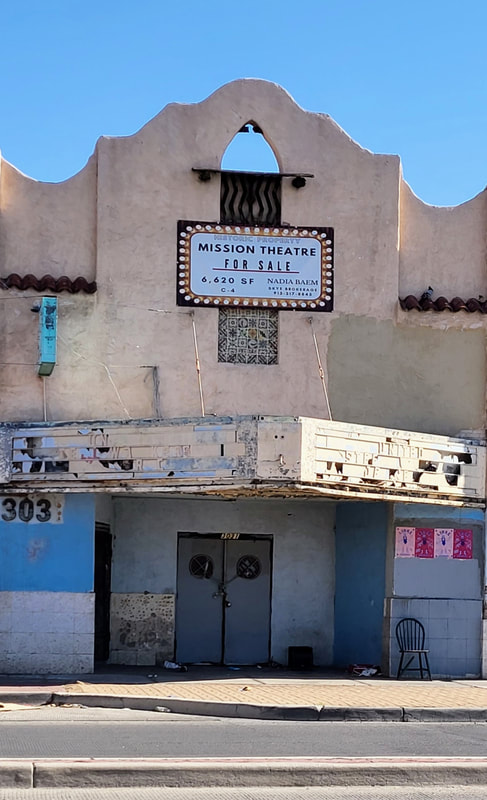
My father used to tell me about sneaking into this theater to watch movies as a kid in the 1910s. It showed Spanish language films. In the 1940s, it was transformed into a "whites only" theater but that didn't last long. By the 1950s, it was headquarters to the Mine, Mill, and Smelter Workers Union, a radical labor organization. Before it closed, it housed the Mine and Mill Bar.
Segundo Barrio
Father Rahm Street
July 2022
La Virgensita en la frontera
Cd Juarez downtown
December 2017
La Mariscal, Ciudad Juarez, 2017
Montana Vista 2019
El Centro July 2022
